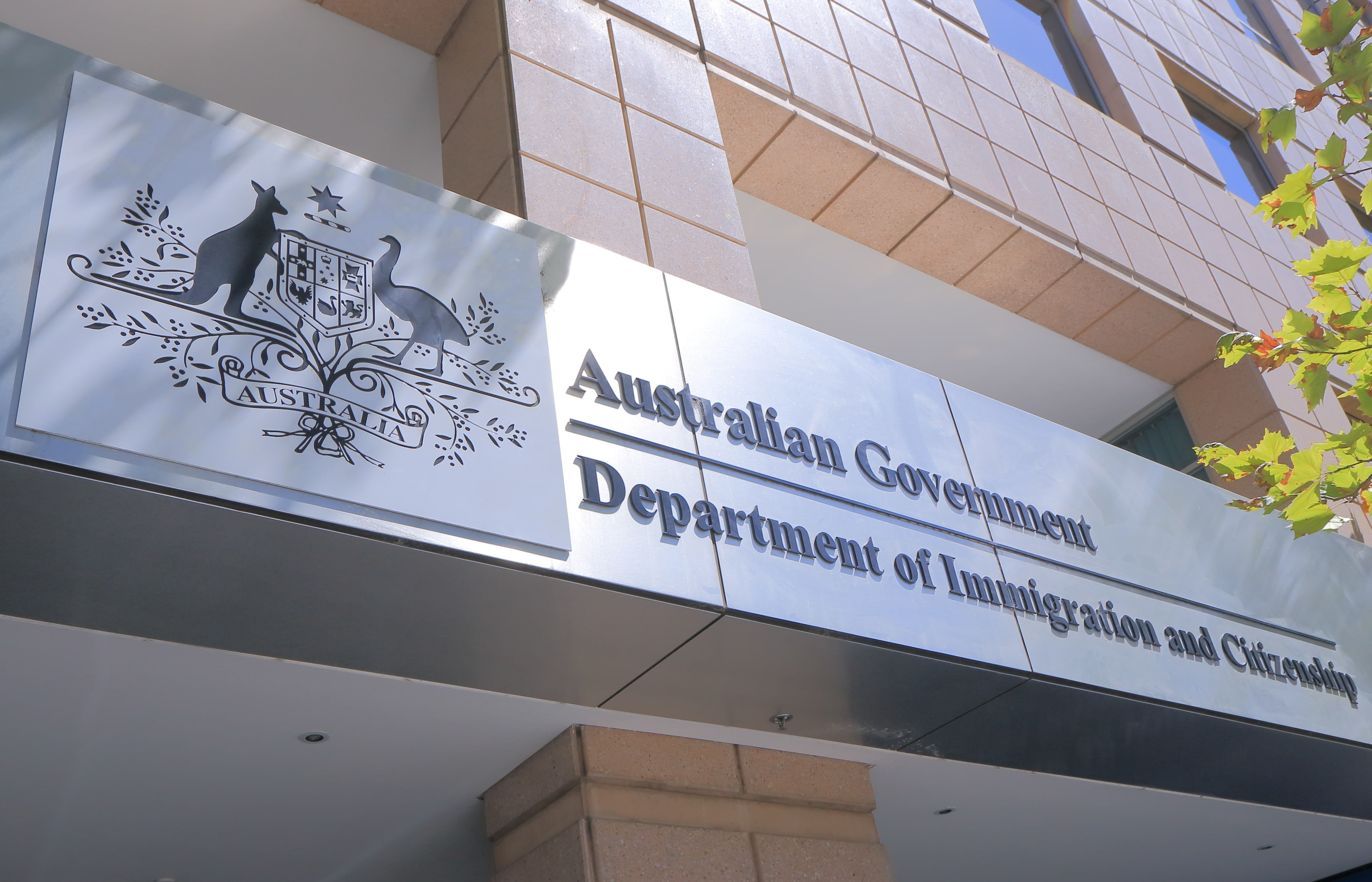
Australia’s 457 visa was introduced in 1996, providing employees with four years’ work and study rights as well as pathways to permanent residency.
Prime minister Malcolm Turnbull has promised that in scrapping the programme his government is “ensuring that Australian jobs and Australian values are first”. Two new visas will take its place, removing permanent residency pathways, restricting the list of permitted occupations and introducing experience requirements meaning recent hospitality graduates may be unable to apply.
Reliance on the visa in service industries had been intensifying for some time. Cooks were the largest single occupation class under the old system, and Australian government estimates suggest the tourism and hospitality sectors will require an additional 123,000 workers by 2020.
In addition to facilitating the arrival of foodservice and hospitality professionals with niche skill sets, the visa had helped employers plug lower-skilled labour shortages through the allure of permanent residency after two years. Now this settlement has been thrown into doubt.
Sweeping changes
The depleted list of professions eligible for the most generous visas in the new programme will be unwelcome reading for many foodservice professionals. Chefs, for example, have made the cut, but with some caveats; silver service cooks and restaurateurs are welcome, but their fast food counterparts have been disqualified.
There are also some conspicuous absences from the long-stay list. Bakers, agricultural technicians and consultants, hospitality managers and wine growers are all eligible for temporary permits only. With so many jobs on the list – most of which have been fertile ground for immigrant labour and entrepreneurship in the past – upheavals to visa rules threaten to change the face of Australian foodservice one way or another.
The government has won cross-party support for recent legislation designed to nudge Australian workers to the front of the jobs queue. In addition to the abolition of the 457 visa, this includes tripling the cost of temporary visas to encourage employers to seek employees locally. However, foodservice and hospitality professionals have reacted dubiously to proposals threatening the depth and cost-efficiency of their potential pool of workers.
But there may be light at the end of the tunnel for the industry’s beleaguered employers. The recently announced federal budget has promised extensive tax cuts for small businesses as well as a levy on firms employing foreign workers. This will be used to pay for the government’s flagship Skilling Australians Fund, funding 30,000 training programmes from apprenticeships to high-level re-education schemes supporting the country’s burgeoning hospitality sector.
This is a tricky transitional period for Australian service professionals; the full consequences of the 457 visa’s abolition are not fully known and the prospect of investment in the country’s foodservice and hospitality workforce is still some way off. Business owners and employees in affected industries must monitor this fast-moving topic.
Thomas Lawrence
